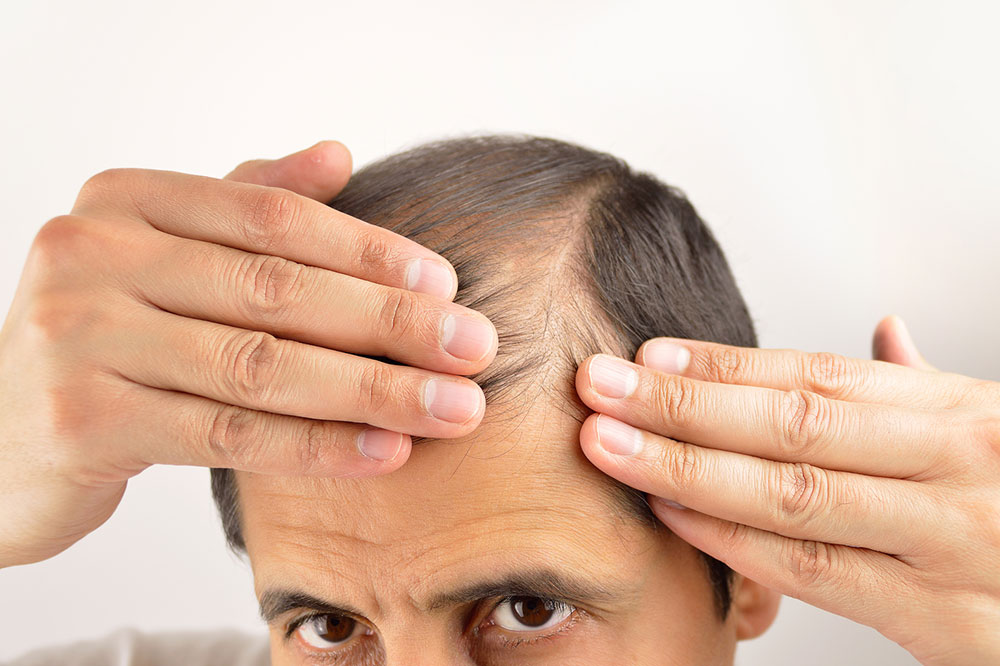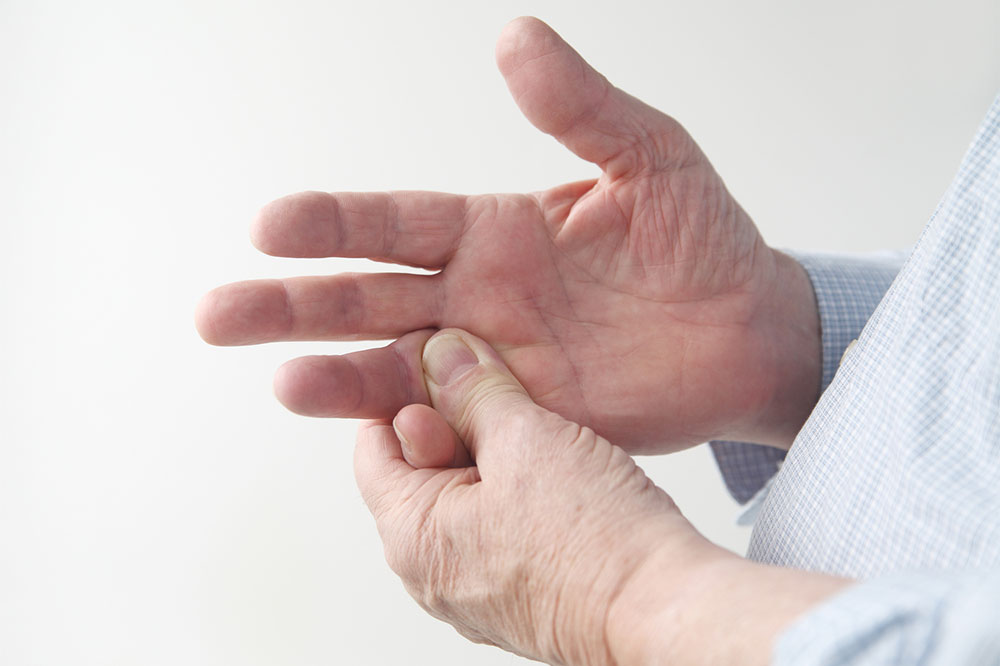6 unhealthy habits that can trigger or worsen headaches

Headaches can range from mild to severe throbbing sensations that disrupt your daily routine. Though headaches are considered normal, chronic headaches can be a cause of concern. If the headache persists even after taking many measures to manage it, it is advisable to consult a health expert. Furthermore, chronic headaches might also necessitate lifestyle changes as certain unhealthy habits can worsen the conditions. A few such bad habits to avoid are listed below.
You have poor posture
Your shoulders and neck can feel strained if your posture is not correct. The way a person sits, stands, and even sleep can put pressure on their back and neck. It can lead to stiffness, tightness, and tension in and around the shoulders, neck, and jaw. Unhealthy habits such as slouching while using the desk or hunching your shoulders while sitting are some examples of bad posture that can cause and worsen headaches.
You are experiencing muscle tension
Another common cause of headaches is muscle tension. Tensions in the back, shoulders, scalp, neck, forehead, chest, and jaw can trigger mild to severe headaches. Muscle tension can arise due to excessive stress and not taking breaks while doing tasks that demand repetitive muscle movements, including exercises, lifting, carrying heavy items, and typing. All these factors can cause muscle tension which worsens headaches.
Grinding teeth
Bruxism is a health condition in which you gnash, clench, or grind your teeth. You may do this when you are awake or when asleep. The constant clenching of the jaw and grinding of teeth exert pressure on your jaw muscles. It can lead to pain and tension in the surrounding areas, such as the neck, eyes, ears, and even shoulders, which ultimately causes frequent headaches.
Being overstimulated
Spending much time around loud noises and bright lights can lead to frequent headaches. In addition, excessive screen time is another unhealthy lifestyle habit that worsens headaches. Whether you spend many hours on your phone, tablet, gaming device, or personal computer, the exposure to blue light emitted by these devices will strain your eyes, triggering headaches.
Following poor sleeping patterns
A common bad habit that worsens headaches is a poor sleep cycle. Your body has its own clock that regulates your sleep-wake cycle based on the light changes in your environment. Therefore, if you are not sleeping and waking up according to your internal body clock, it can lead to various health problems, including chronic headaches.
Not eating balanced meals
The foods you eat or avoid can play a crucial role in maintaining optimum health. Unhealthy nutritional habits can lead to frequent headaches. Junk food, processed meals, and soda have additives, preservatives, and high amounts of sodium and salt. Excessive intake of these foods can trigger headaches. Furthermore, the artificial sweeteners added to certain beverages, candies, and baked foods often worsen headaches in some people. Besides, dehydration, skipping meals, and overeating are other unhealthy nutritional habits that can lead to frequent and severe headaches.
If the headaches persist despite replacing the bad habits mentioned above with healthy ones, it is best to seek a healthcare professional’s assistance.







